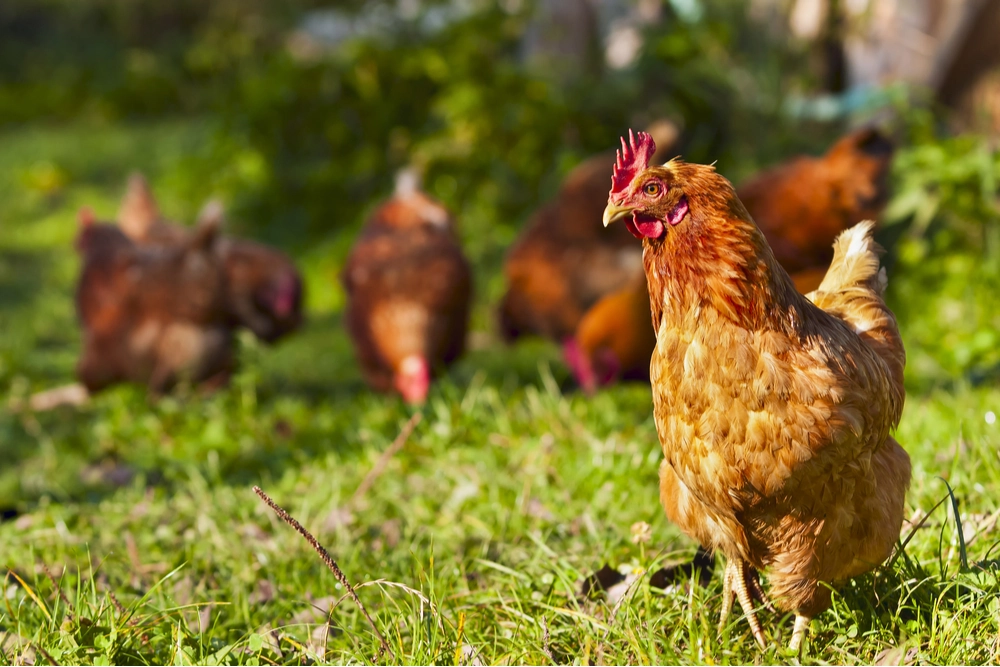
A voluntary code for transparency and collaboration in Covid-19 landlord and tenant negotiations


Just days before the June quarter day, the government has published the "Code of Practice for commercial property relationships during the COVID-19 pandemic" (the "Code"). The unprecedented restrictions introduced in March 2020 presented challenges for landlords and tenants. As lockdown restrictions are eased and businesses gradually open back up, the Code aims to promote good practice in commercial landlord and tenant relationships and to discourage the burden from falling on one party alone. It acknowledges that the financial measures put in place to protect tenants are time limited. Although voluntary, the intention is that the Code will encourage the parties to navigate their way to a sustainable landlord and tenant relationship.
Whilst acknowledging that many landlords and tenants have already engaged in negotiations, the Code aims to build on these and to promote good practice in landlord and tenant relationships in dealing with the pandemic. Both parties are encouraged to engage with lenders to seek flexible support.
The Code reiterates that tenants who can pay rent in full should continue to do so and those who cannot should speak to their landlords and pay what they can. Landlords should support tenants where possible and provide concessions where they reasonably can, taking into account their fiduciary duties and financial commitments. When seeking concessions, tenants should be clear in their reasons and transparent by providing financial information about their business. Landlords refusing concessions should provide a reasonable explanation of their decision.
As the Code is voluntary, it does not change the legal relationship with tenants remaining liable for payments in accordance with their lease unless renegotiated with the landlord. The Code introduces four principles which can be summarised as follows:
- Transparency and collaboration – recognition of mutual interest in business continuity;
- Unified approach – in dealings with other stakeholders to manage the economic and social consequences of Covid 19;
- Government support – recognition that support is provided to help businesses meet commitments which include rent and other property costs;
- Acting reasonably and responsibly – to identify mutual solutions where most needed.
The Code lists factors which the landlord may want to bear in mind in discussions with tenants and options for the parties to consider including rent free periods, rent deferral, shorter payment periods, reducing rent payments, allowing a proportion of the rent to be paid on a turnover basis and splitting the cost of the unoccupied period. Agreeing a new arrangement for payments may protect against forfeiture for non-payment of rent when the moratorium on forfeiture is lifted.
The impact of service charge and insurance payments is also considered and a recognition that these should not be profit-making and, unless otherwise agreed, they must be paid in full. If possible, landlords should reduce service charge costs and allow shorter payment periods.
The Code has been endorsed by representative bodies who will encourage members to adhere to the principles and approach until 24 June 2021. As the Code is purely voluntary, it remains to be seen what impact it will have in practice and whether it will provide a reference point in commercial negotiations between the parties. The government has announced that the moratorium on forfeiture for non-payment of rent, prevention from using CRAR unless 189 days of unpaid rent is owed and the temporary ban on use of statutory demands and winding-up petitions where a company cannot pay its bills will all be extended to 30 September 2020. While these measures remain in place, the Code is likely to have limited effect and it may not be until later in the year that its influence is noticeable. However, reputationally landlords and tenants alike would be well advised to review the Code and consider the extent to which they can adopt it.













